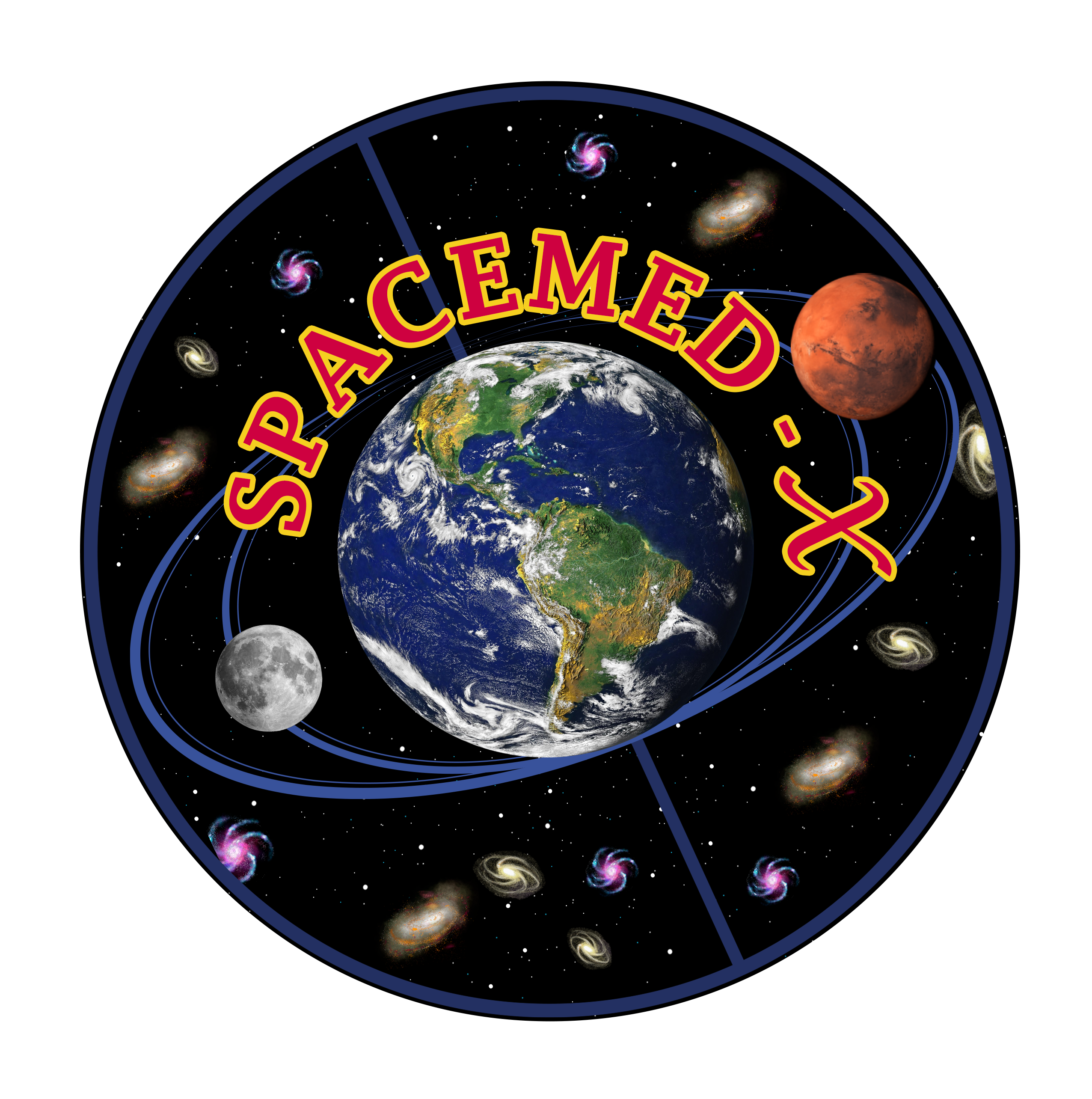The Crucial Role of Cardiovascular Medicine in Space Exploration and the Advancement of Human Activities in the Universe
Introduction:
As humanity continues to push the boundaries of space exploration, understanding the unique challenges faced by astronauts and finding solutions to maintain their health becomes increasingly important. One key area of focus is cardiovascular medicine, which plays a crucial role in ensuring the wellbeing of space travelers. This article will discuss why cardiovascular medicine is essential for space exploration and the advancement of human activities in the universe.
1. Impact of microgravity on cardiovascular health:
In microgravity, the human body experiences a redistribution of blood and fluids, leading to reduced blood volume, weakened heart muscles, and decreased cardiac output. Cardiovascular medicine is vital in addressing these changes and minimizing their adverse effects on astronauts’ health during space missions.
2. Radiation exposure and cardiovascular risks:
Space travelers are exposed to high levels of cosmic radiation, which can cause damage to the cardiovascular system. Developing targeted cardiovascular treatments and preventive measures is essential to mitigate these risks and maintain the health of astronauts in Space.
3. Physical Fitness and Recovery during space travel:
Extended space missions can lead to a decline in physical fitness, including cardiovascular endurance. Cardiovascular medicine plays a critical role in developing exercise protocols and pharmacological interventions to maintain and improve cardiovascular health during long-duration space travel.
4. Adaptation to different planetary environments:
As human activities expand to other celestial bodies, adapting to new environments with varying gravitational forces and atmospheric conditions will be vital. Cardiovascular medicine can provide insights into how the human body can acclimatize to these changes and develop targeted interventions to ensure optimal cardiovascular function.
5. Paving the way for advanced life support systems:
Cardiovascular medicine can also contribute to the development of advanced life support systems for space travel, including artificial gravity, radiation shielding, and medical countermeasures. These advancements will significantly improve astronauts’ wellbeing and mission success.
Conclusion:
Cardiovascular medicine is essential for space exploration and the advancement of human activities in the universe, as it helps address the unique challenges posed by space environments on the human body. By focusing on this critical area of research, we can support the safety, health, and success of future space missions and pave the way for humanity’s continued expansion into the cosmos.

